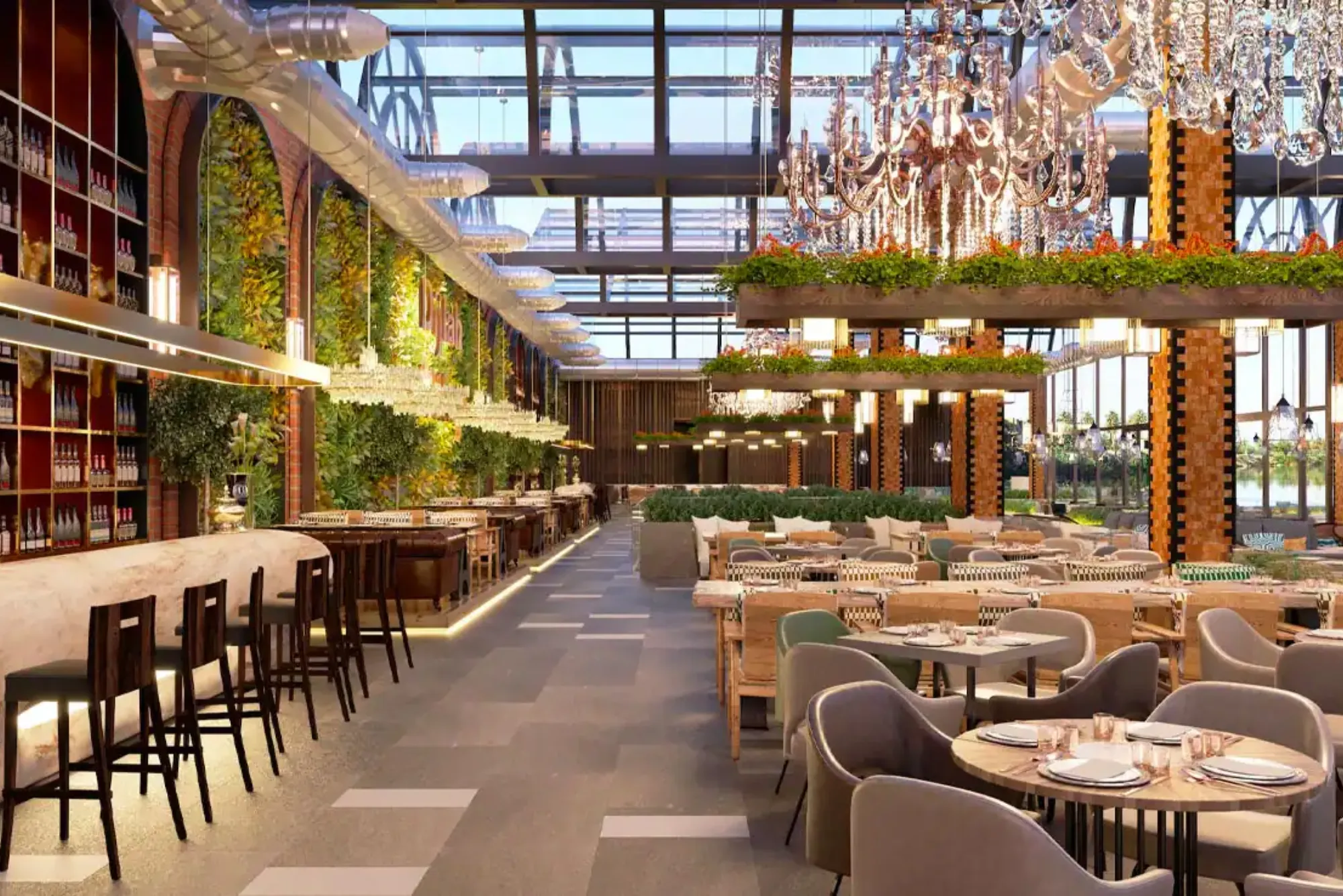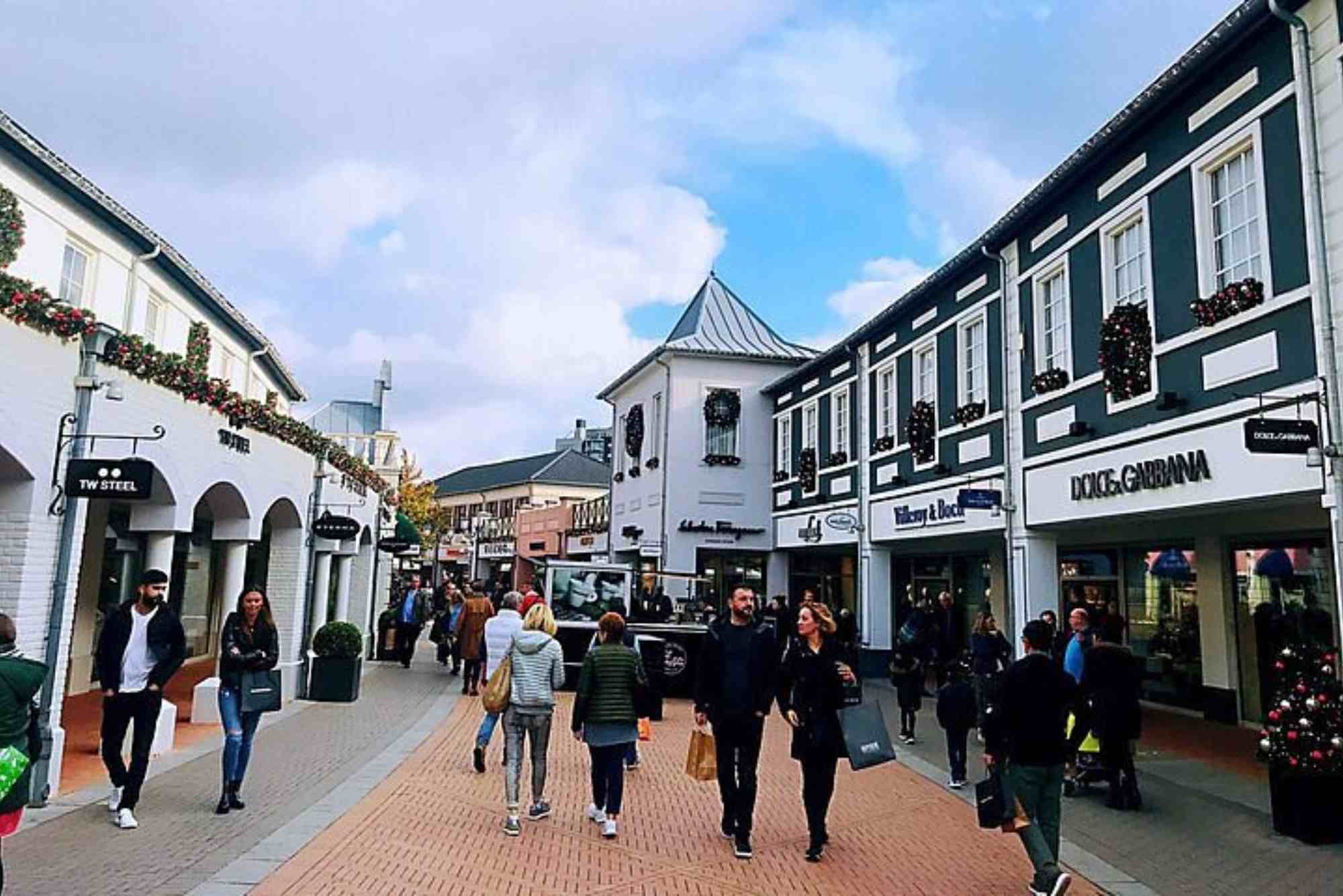In the bustling world of dining out, patrons often find themselves immersed not only in the culinary delights on offer but also in the intricacies of the bill that follows. Among the various line items that might appear on a restaurant check, Value Added Tax (VAT) stands out as a point of curiosity and, sometimes, confusion. This article seeks to unravel the mystery surrounding VAT charges in restaurants, with a particular focus on the policies and practices at Charsi Restaurant Ajman.
Understanding VAT: A Primer
Value Added Tax, commonly abbreviated as VAT, is a consumption tax levied on goods and services at each stage of production or distribution. Unlike sales tax, which is applied only at the point of sale to the end consumer, VAT is imposed at every step of the supply chain, effectively capturing the value added at each stage.
The application of VAT varies from country to country, with some nations implementing it as a primary source of revenue for the government. In the United Arab Emirates (UAE), VAT was introduced in 2018 as part of broader fiscal reforms aimed at diversifying revenue sources and reducing dependency on oil revenues.
VAT in the Restaurant Industry: What You Need to Know
Restaurants, as providers of both goods (food and beverages) and services (dining experience), fall under the purview of VAT regulations. This means that they are required to charge VAT on the items they sell to customers, including meals, drinks, and any additional services offered.
VAT Rates and Regulations in Ajman
In Ajman, one of the seven emirates that make up the UAE, VAT is currently set at a standard rate of 5%. This rate applies uniformly across most goods and services, including those provided by restaurants like Charsi Restaurant Ajman.
Compliance with VAT regulations is mandatory for businesses operating in Ajman, with stringent penalties imposed on those found to be in violation of the law. As such, restaurants must ensure that they accurately calculate and collect VAT on eligible transactions.
Implementation of VAT Charges at Charsi Restaurant Ajman
At Charsi Restaurant Ajman, adherence to VAT regulations is not just a legal requirement but also a commitment to transparency and integrity in business operations. The restaurant employs robust systems and processes to ensure that VAT charges are applied correctly and communicated clearly to customers.
Transparent Billing Practices
One of the hallmarks of Charsi Restaurant Ajman’s approach to VAT is its commitment to transparent billing practices. Rather than burying VAT charges within the overall cost of a meal, the restaurant itemizes them on customer receipts, providing a clear breakdown of the amount owed for VAT.
By adopting this transparent approach, Charsi Restaurant Ajman seeks to empower customers with knowledge about the taxes they are paying and foster trust in the integrity of its pricing policies.
Staff Training and Customer Education
Ensuring that customers are well-informed about VAT charges requires more than just transparent billing practices—it also necessitates ongoing education and communication. Charsi Restaurant Ajman invests in training its staff to address customer queries related to VAT and other financial matters confidently.
Moreover, the restaurant leverages various channels, including signage, menus, and in-person interactions, to educate patrons about VAT charges and their implications. By demystifying the tax process and providing clear explanations, Charsi Restaurant Ajman aims to enhance customer satisfaction and loyalty.
Factors Influencing VAT Charges in Restaurants
While VAT is a standard tax applied to most goods and services, several factors can influence how it is implemented in the restaurant industry.
Menu Pricing Strategies
The way in which restaurants structure their menu prices can impact how VAT charges are perceived by customers. Some establishments may choose to incorporate VAT into the listed prices of items, while others may add it as a separate charge during checkout.
At Charsi Restaurant Ajman, the menu pricing strategy reflects a commitment to transparency and honesty. Rather than inflating prices to absorb VAT costs, the restaurant strives to maintain competitive pricing while still adhering to tax regulations.
Type of Establishment
Different types of dining establishments may have varying VAT policies based on their business models and target markets. For example, fine dining restaurants may include VAT as part of the overall dining experience, whereas fast-food chains may choose to display VAT charges separately for transparency.
Charsi Restaurant Ajman, as a reputable dining establishment catering to a diverse clientele, takes a balanced approach to VAT charges. While the restaurant ensures compliance with VAT regulations, it also prioritizes customer satisfaction and affordability.
The Customer Experience: Navigating VAT Charges with Confidence
For many diners, the prospect of paying VAT on top of the cost of a meal can be daunting. However, understanding the rationale behind VAT charges and how they are applied can help alleviate concerns and foster a more positive dining experience.
Transparency and Trust
Transparency is paramount when it comes to VAT charges in restaurants. Customers appreciate knowing exactly what they are paying for and why. By openly communicating VAT charges and providing clear explanations, restaurants like Charsi Restaurant Ajman can build trust with their patrons and cultivate a loyal customer base.
Feedback and Continuous Improvement
Listening to customer feedback is essential for any business looking to improve its operations. Charsi Restaurant Ajman actively solicits feedback from patrons regarding their dining experiences, including their perceptions of VAT charges.
By taking customer feedback into account and making adjustments as needed, Charsi Restaurant Ajman demonstrates its commitment to providing exceptional service and maintaining high standards of quality and transparency.
Navigating VAT Charges in the Dining Industry
VAT charges are a standard feature of the dining landscape, with restaurants like Charsi Restaurant Ajman diligently applying them in accordance with local regulations. By prioritizing transparency, education, and customer satisfaction, Charsi Restaurant Ajman seeks to not only comply with VAT requirements but also enhance the overall dining experience for its patrons.
Whether you’re enjoying a meal at Charsi Restaurant Ajman or dining elsewhere in Ajman, understanding VAT charges and their implications empowers you as a consumer. By staying informed and engaged, you can make more informed choices and enjoy your dining experiences to the fullest.












